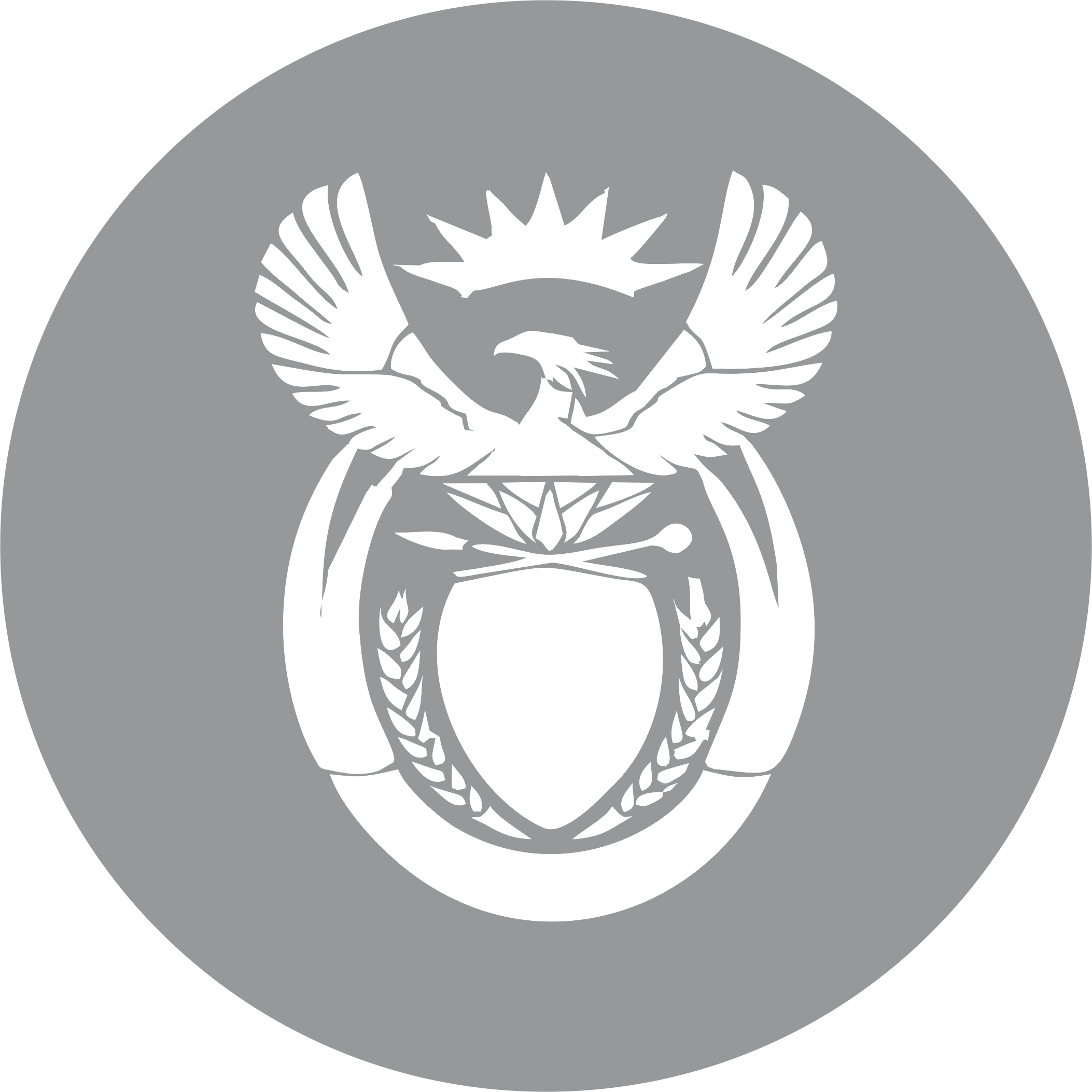
16 Sep Goal Setting
What job are you actually looking for?
Is it all about the job title and salary or do the duties and nature of the company matter?
DREAM YOUR DREAM JOB!
When setting goals for the first time, don’t think “what are my goals”, think “what do I want?”
Take a few minutes, close your eyes and dream. Seriously. Take a few minutes to picture yourself in your dream job. What will the offices look like? How many people are in the offices? Are they big and corporate, or are they small and intimate? Are you working mainly with men, or woman, or does it not matter. Where will you park? What does your desk look like, or do you not see yourself behind a desk? What is on your computer screen? What is on your desk? What do you feel- it should be excited and happy! This is your “dream” job! Now grab that note book on yourself and write it all down, in as much detail as you can. Each day, take a few minutes to add things to the description of your dream job that you may have forgotten. Each time you do, you get a better idea of what you are wanting, and you get the positive, excited feeling inside that will turn to reality.
Have you ever noticed that those people that are always unhappy at work…. Are always unhappy? They look for problems… and find them! Don’t be one of those people- dream big- and the excitement you feel for your future job will shine through. If you become a positive, excited person, you will look for opportunities…. And they will find you!
If you are brave enough, share your vision of your dream job- you just may inspire someone else to start really thinking about what they want from life! Or email it to me, I would love to hear.
Now that we have painted a picture of the company that you want to work for, the people that you will be surrounded by and the kind of things you will be doing, it’s time to look in a little more detail about what you want to actually be doing.
STRENGTHS AND WEAKNESSES
You need to sit and dream up the following answers, or if you are not comfortable doing this, sit and brain storm with a confidant. The answers that you are coming up with now, are just a rough draft, so don’t worry about what you would say in an interview, answer them for yourself.
- What do you want to do? You should never answer this question with a title of a job. What a receptionist does in one company is completely different to another company. You need to look at job duties and responsibilities. The easiest way to figure this out, is by the question that so many people dread:-
- What is your greatest strength? If you battle to answer this question, them ask someone you work with to answer it for you. Think of what you boss would say if someone asked them? We often way too modest and battle to sing our own praise. Remember, at this stage we are just jotting down in our note books all the things that come to mind. We will perfect it into an answer that you will give in an interview later.
- If you could specialise in one aspect of your current job, what would it be? (normally, the answers to (a) and (b) are the same)
- Which job that you held was your favourite job? Usually this was your favourite job because of the people that you worked with, but think further.
The things that you should be jotting down in your note book should be like, “I love dealing with people/ working alone; I like working to deadlines and being under pressure/ having a ordered controlled environment; managing staff/ being managed/ working on my own; I love numbers and the challenge of balancing figures/ hate boring processing but enjoy financial reporting/ am useless with figures; enjoy the thrill of meeting sales targets/ hate selling
- What don’t you want to do? As above, list the things and answer the questions
- What is your greatest weakness?
- If you could give one part of your current job to someone else, what part would you give away?
- Which job have you held that was the worst part of your job?
Now that you have answered the two hardest questions, there are two parts left to this section- drawing up your goal, or what you want, and writing up how you would answer these questions in an interview.
What is your greatest strength?
Read over the things that you wrote down as your greatest strengths and what you enjoy doing the most in your job. Which one strength do you think a future employer would be impressed by? Think of an example of when you showed this to bed your greatest strength. For example, “My greatest strength is my ability to remain calm under pressure. Just last week my manager commended me on this when we were working to a deadline and some of the other staff were complaining that we would not meet the deadline, but I just kept my head down and got the job done!”, or “My greatest strength is my ability to always balance accounts. When other people cannot balance their accounts, they always bring them to me, because they know that I love the challenge and achievement. As a result I have been given several large accounts to look after”.
What kind of job are you looking for?
The rest of the duties that you have listed under this section, you need to use to create a list of what you want to do. When someone says, “What kind of job do you want”, never answer, “anything, I am desperate!”
No one employs “desperate”, because as soon as you have the job, you won’t be desperate any longer!
Rather, answer as a professional who is passionate about what they want from their career. Say, “I am looking for a job that I can work with people/ work alone, in an accounts environment…….”
People employ people who know what they want, and want to work for their company.
What is your greatest weakness?
Look at the list that you wrote down above. Pick something that you feel is a weakness, but that a future employer may see as a strength. Don’t pick the weakness that will scare them off!! Examples are, “My greatest weakness is that I am a perfectionist. I cannot handle it is an account does not balance.”, or “my greatest weakness is that I hate having a messy desk/ office/ stores! I have to keep things organised in order to keep my mind organized”, or “I take my work too personally. My wife always says that I dream about work, but I am passionate about work and battle to leave it at work.”
People dread these questions, but if you just prepare and know yourself, they are so easy to answer and so easy to use to sell yourself. Why not share some of your answers with the rest of us and I can tell you if there is any way to improve on them.
WHAT SALARY DO YOU WANT?
- What salary do you want? NEVER ANSWER THAT YOU ARE NEGOTIABLE. If you are negotiable, name figures. We all have a minimum salary requirement. Your expenses are also not really of interest to the employer and they don’t like to be emotionally blackmailed. I hate it when people email me and tell me how they need Rx amount a month because their husband is unemployed and their daughter disabled. While I feel sorry for them, I am not going to employ them to do a job they may not be qualified to do, and I resent countless number of strangers trying to guilt me into helping them. When I ask someone what salary they want, I expect them to answer, “I was earning R10 000 a month in my last job, but I am unemployed and desperate and would look at anything above R8000 if it is closer to home”, or “I am currently earning R10 000 and we have annual increases coming up, so I need to look at R13 000 plus”. Give me facts and figures to deal with.
- You can make a goal that you want to double your salary in the next year, but you have to believe that you can and you need to also have a plan that you are going to work towards.
- Generally, you should look at moving jobs for 20-25% more, not doubling your salary.
- Generally, if you are relocating from Gauteng/ Pretoria, you should look at taking a 20-25% decrease in salary to KwaZulu Natal, and if you are looking at relocating to another region, you need to look at what that region pays.
- Never discuss salary unless it is brought up.
- If you really are not comfortable discussing money, take a recent payslip with, and give it to the interviewer (when they ask) and say that you are looking for a better offer.
- Remember, there is a value that you put on the type of job and the company. If you are a marketing graduate, and Pete’s Plumbers offers you a sales job, you would ask for a lot more money than if Unilever offered you a marketing intern position!
SETTING GOALS
See, that was not hard! You have set goals already. You have said what kind of company you want to work for, what you want to do, and what you want to earn.
Now if you want to be better at this, make the goal measurable.
Break them up into parts so that you can tick them off when you have achieved them.
Maybe you need to study something in order to achieve that goal?
All successful people have goals. They have a list of things that they want to achieve that give them direction and drive. If you don’t know what you want, how will you ever get it. Read over your goals often and your vision of your dream job often.
Keep your eye on the goal, and you will score!
Finally, we really believe that you can do this, because no one else can do it for you! You have it inside you to achieve great things, you just have to look inside and see what they are. You have so many strengths that you should battle to pick just one. Your weaknesses are minor and can always be viewed as strengths. But if you are really battling to figure this section out, drop us a mail, and we will see if we can help you one on one.



